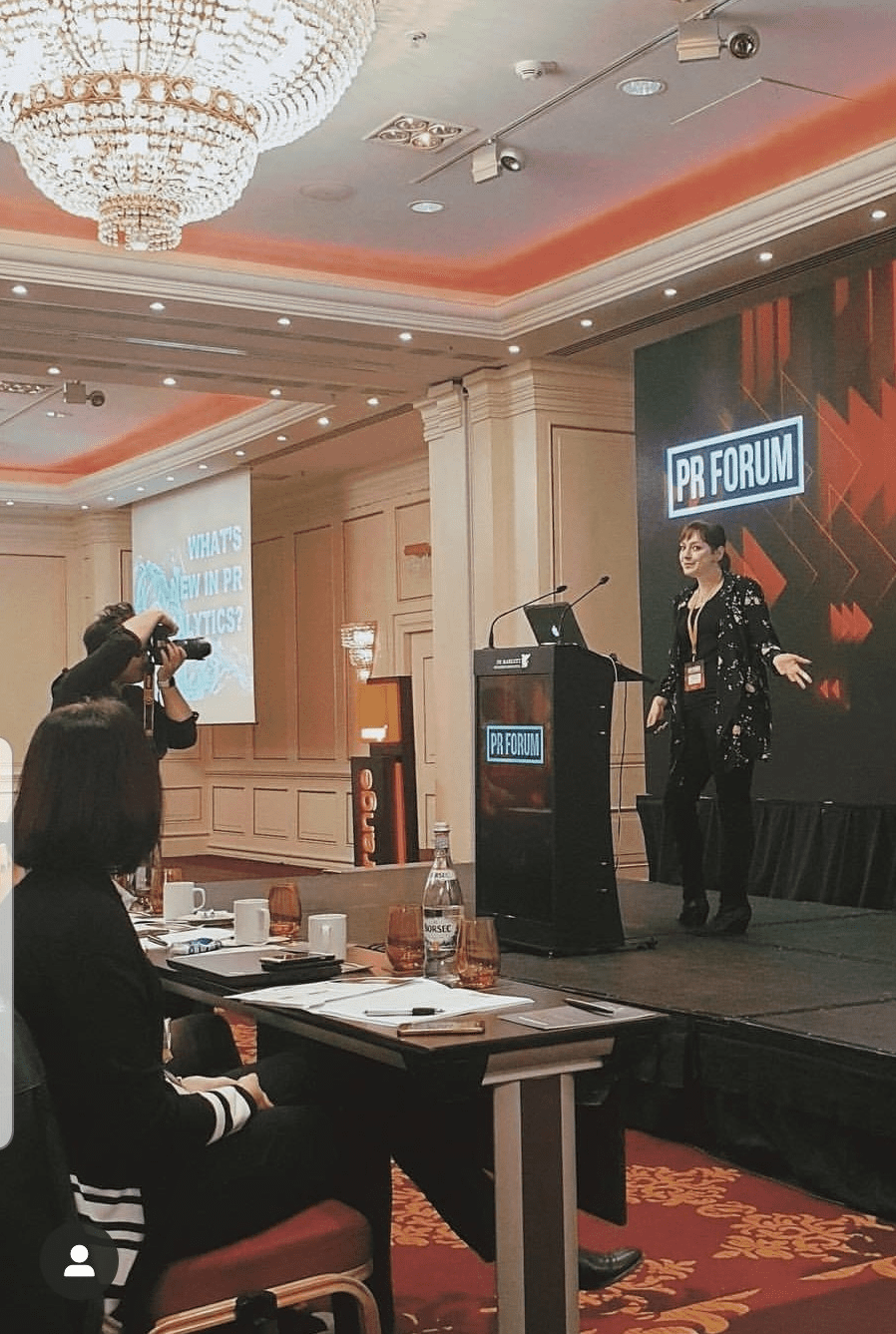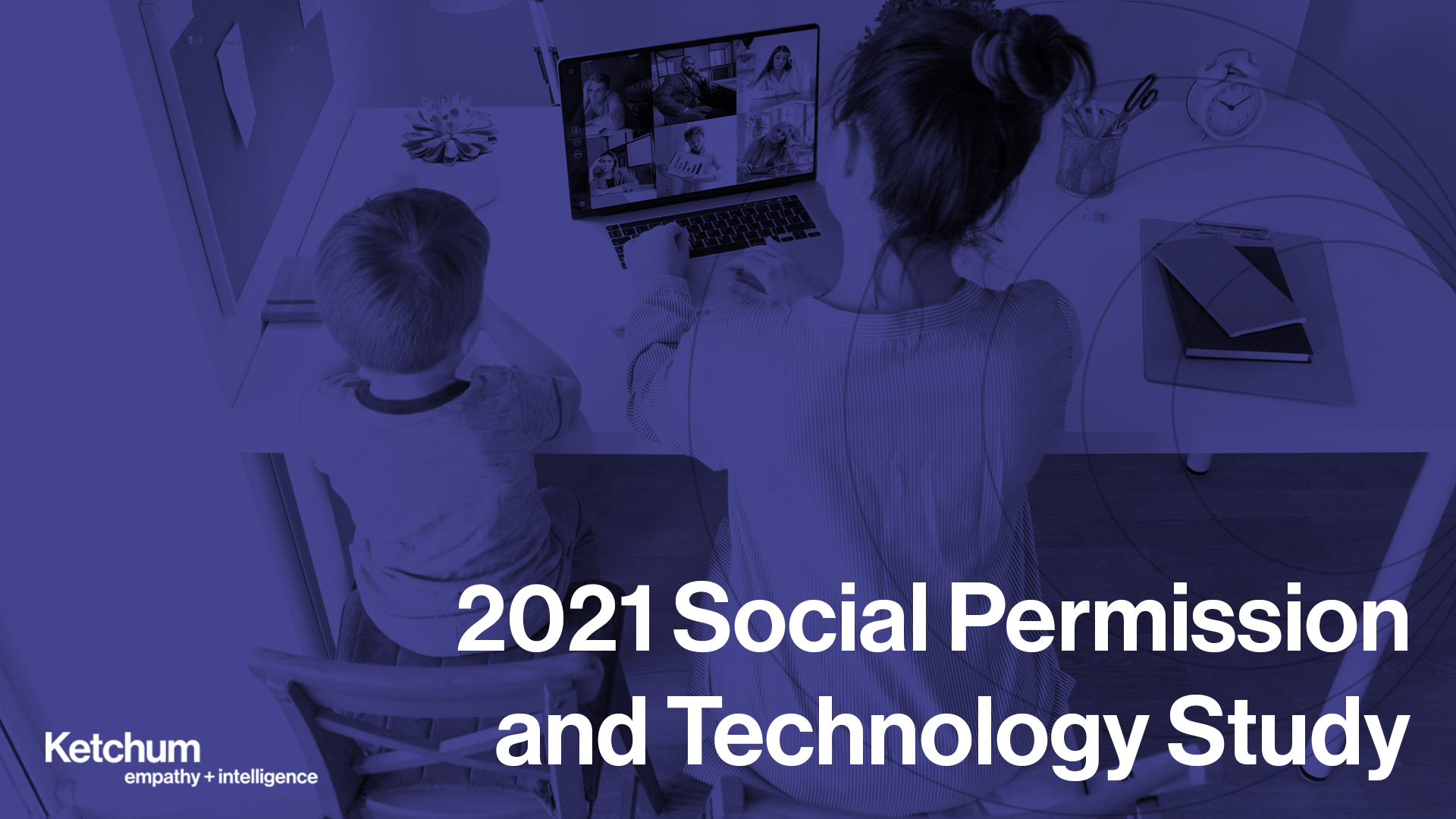I was delighted to have recently been invited by Ketchum’s local affiliate in Bucharest, Graffiti PR, to speak about the latest trends in data and analytics at the PR Forum two-day event.
PR Forum started in 2007 as the foremost place in the region for international specialists and local practitioners to discuss annual trends in communication and public relations. It is an annual opportunity for local practitioners to learn about the latest behind-the-scenes strategies and get to know some of the best international and local specialists in the business.

This year’s edition acknowledged that the world is changing faster than ever, and that it’s paramount that people who work in PR and communications keep up with the latest trends, whether they are passing or have a long-term impact. With that in mind, PR Forum aimed to offer the information practitioners need to understand on how to use new platforms, technologies, and voices to generate great campaign results.
From the future of PR and new tactics in corporate communication, to fake news and top case studies, the guest speakers offered insightful presentations and powerful debates on the most important aspects of public relations in Romania today. This year’s hot topics were PR performance and measurement, influencer marketing, new media trends, social media strategies, and corporate citizenship. I spoke about PR analytics in 2020 and beyond, discussing how growth tools and techniques like machine learning, image recognition, predictive analytics, and biometrics will open up opportunities for us to better understand our audiences and how they interact with content. I found the discussion around these topics over my two days in Romania fascinating, particularly how some analytics challenges are particularly specific to the region (like the difficulty most tools have with the Romanian language); others (like how we properly evaluate the value of influencer posts) are universal.
Should we be concerned about the future in PR? That was one interesting discussion point throughout the conference. Media channels are constantly evolving, free speech in social media can harm your brand reputation and crises can ruin your business. The takeaway was that PR pros need to be prepared to react and to get more involved as brands continue to become more vulnerable to reputational knocks. Specialist reputation consultancy will be increasingly important as brands inherently assume more risk.
A second key theme was corporate citizenship. How can we move beyond the “old” ways of thinking about a brand’s place in social conversations, toward more collaborative ways of enacting positive change? As more brands realize they can win the hearts of their consumers by being active in society, we can expect consumer cynicism to continue to increase too. From sponsorships to creative campaigns for sustainable living, building brands with an authentic purpose is what makes success most likely. The first private hospital in Romania, built entirely with sponsorships and corporate donations, is a fascinating example of what’s possible.
So, what’s the future of PR? In many ways, it’s already here. Many of the technologies and innovations discussed at the conference were ones that are already being implemented in our work today, and the challenges are ones we already face. What may change is how we approach those challenges. What the right balance is between specialization and generalization, at an agency and individual level, is still a topic for debate. I, as a representative from an analytics specialism, particularly enjoyed hearing about how PR practitioners at the conference were addressing their data challenges as part of generalist teams. The debate about what exactly the future looks like will only continue to evolve for years to come.
**Thanks to Graffiti PR for the conference recap**


